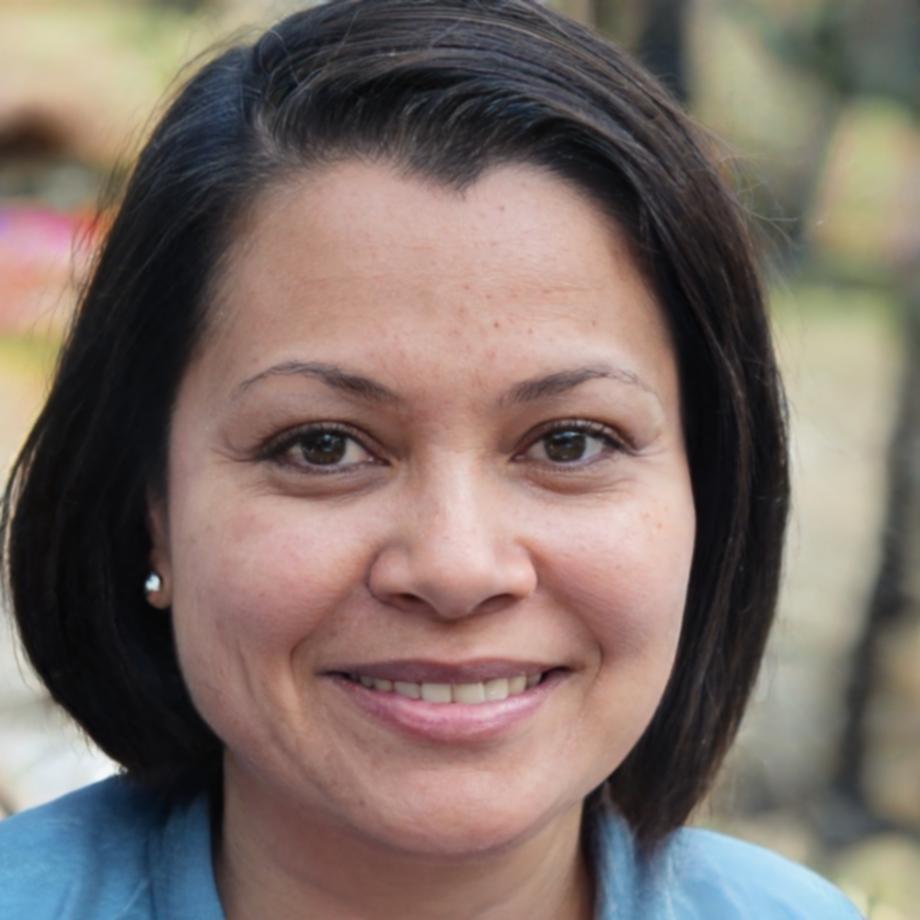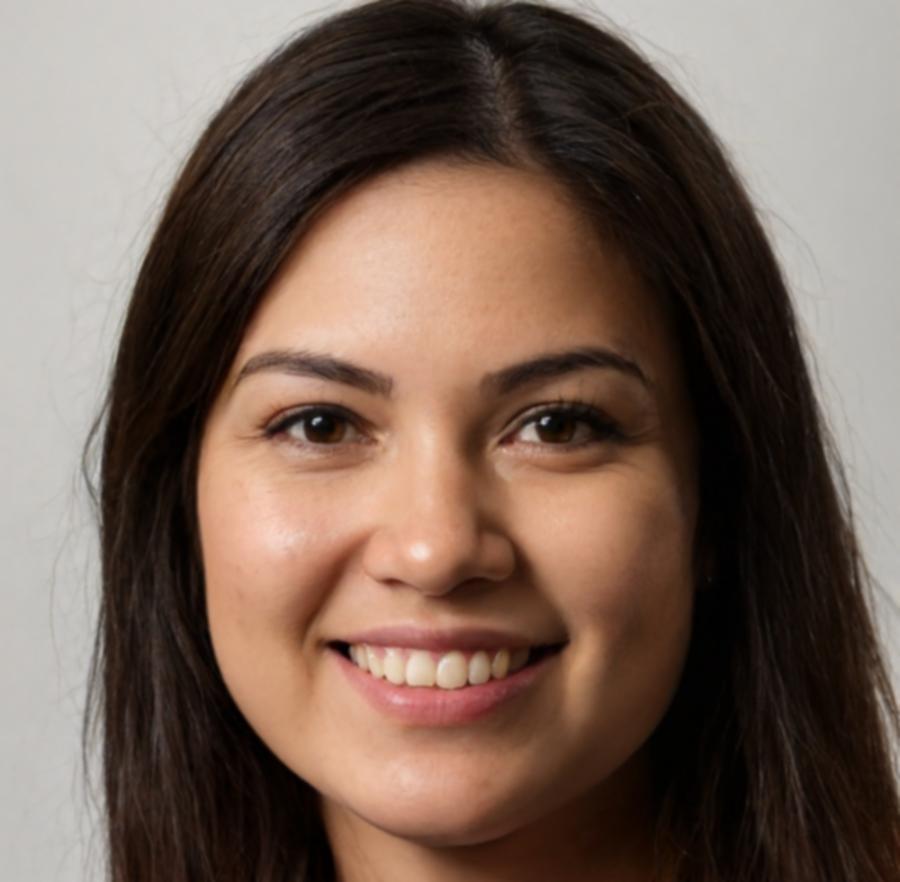Financial Strategy Education That Actually Makes Sense
We built this program after hearing the same thing from small business owners for years: "I understand my business, but the financial planning part feels like a foreign language." So we changed the approach.
Start Your JourneyFind Your Starting Point
Not everyone needs the same thing. We've worked with businesses at different stages, and honestly, the challenges vary quite a bit. Here's what we've noticed most people need help with.
Just starting out?
The fundamentals track covers cashflow basics, pricing strategies, and how to read your numbers without needing an accounting degree. We start with what actually matters for survival in your first two years.
Already profitable?
The growth module focuses on expansion decisions—when to hire, how to structure investment, and the kind of financial planning that supports scaling without putting everything at risk.
Feeling stuck?
Sometimes you're making money but it doesn't feel sustainable. We help identify where things are leaking, how to improve margins, and practical approaches to financial restructuring that don't require massive overhauls.
Planning an exit?
Whether you're thinking about selling or succession, this track covers valuation preparation, financial documentation standards, and how to position your business for better outcomes during transitions.
Multiple ventures?
Managing finances across several businesses creates unique challenges. We cover portfolio thinking, resource allocation between projects, and consolidated financial oversight without losing sight of individual performance.
Risk concerns?
Australian businesses face specific regulatory and market conditions. This module addresses risk management, appropriate insurance structures, and financial buffers that actually work in practice rather than just in theory.

How We Actually Run Sessions
Look, we tried the traditional lecture format when we first started. People would nod along, take notes, then go back to their businesses and... nothing changed. So we switched things up.
Now sessions are built around your actual numbers. You bring your financial data (don't worry, we handle confidentiality properly), and we work through it together. It's less "here's a theory" and more "here's what this means for your specific situation."
- Small cohorts—usually 8-12 businesses so everyone gets attention
- Three-hour blocks with breaks because nobody absorbs information well when they're exhausted
- Follow-up sessions between modules to review how implementation is going
- Access to templates and tools we've developed over the years that actually get used
- Optional one-on-one reviews if something isn't clicking in the group setting
Who You'll Learn From
We don't bring in academics who've never run a business. Our instructors have all built, scaled, or turned around their own ventures. They've made the mistakes already, which makes them pretty good at helping you avoid the same ones.

Sienna Blackwood
Cashflow Specialist
Ran a manufacturing business for 12 years. Knows what it's like when your largest client pays late and payroll is due Thursday.

Freja Lindstrom
Growth Strategist
Scaled a services business from 3 to 45 staff. Strong opinions on when growth actually makes sense versus when it destroys value.

Ailsa Pemberton
Risk Management
Former CFO who's seen every possible way businesses get blindsided. Now teaches the warning signs most people miss until it's too late.

Tove Bergstrom
Exit Planning
Sold her business in 2023 after 15 years. Learned the hard way that exit prep needs to start way earlier than most people think.
